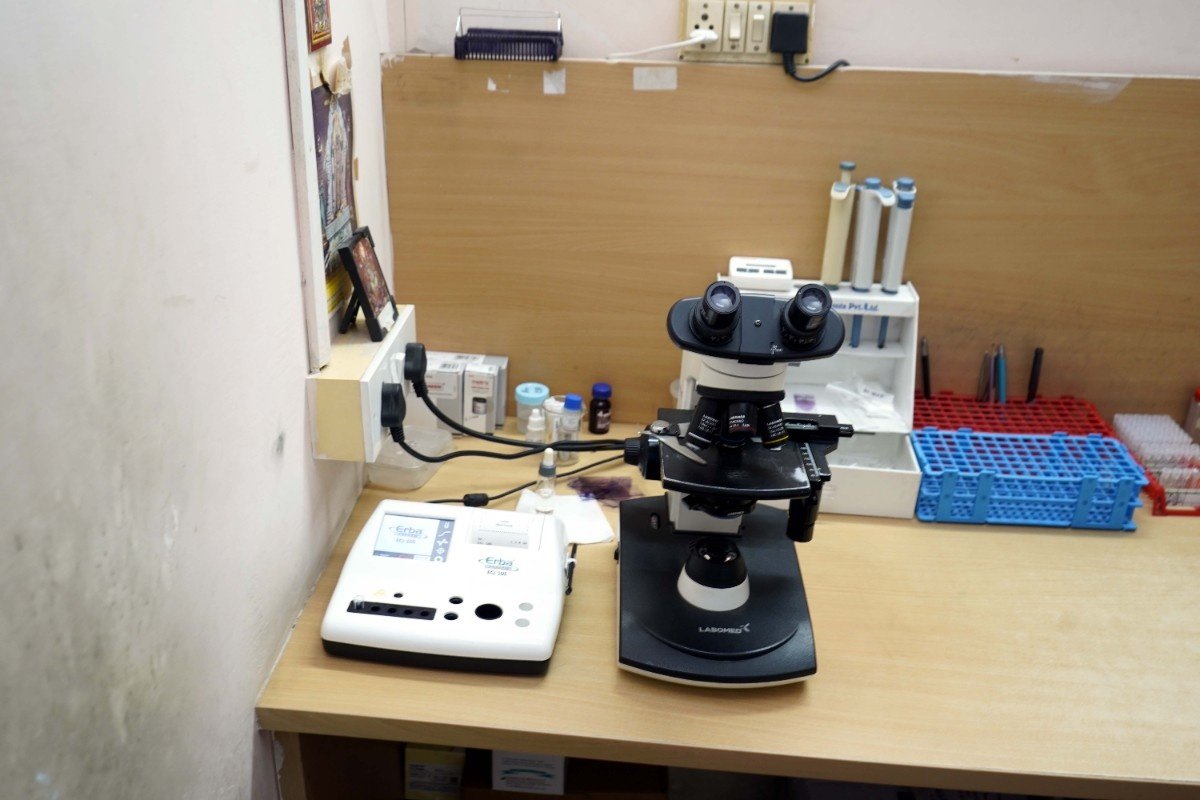Infertility Counseling
Emotionally, infertility is often agonizing. Problems with fertility frequently result in emotional trauma and damage relationships. While medical treatments for infertility may increase the chance of conception, couples may find that therapy during treatment is a helpful way to process their feelings of loss, worry, anxiety, and other emotions related to infertility—especially if the medical treatment doesn’t work. For those who are having trouble becoming pregnant, infertility counseling may be beneficial.

Infertility Counseling
Emotionally, infertility is often agonizing. Problems with fertility frequently result in emotional trauma and damage relationships. While medical treatments for infertility may increase the chance of conception, couples may find that therapy during treatment is a helpful way to process their feelings of loss, worry, anxiety, and other emotions related to infertility—especially if the medical treatment doesn't work. For those who are having trouble becoming pregnant, infertility counseling may be beneficial.
Who needs to get counseling?
From a medical standpoint, it's commonly believed that the only people who should be referred to a counselor are individuals or couples experiencing extreme discomfort. From a psychosocial standpoint, however, it is more beneficial if counseling is consistently provided to every patient. According to research, both men and women who have experienced infertility appear to view counseling favorably. They see this as a chance to learn more before beginning ART and to seek counseling both before and after invasive therapy has failed.
What benefits may fertility counselors offer you?
There are several, priceless advantages of infertility therapy, including:
- Processing Emotions: Counseling makes it easier to examine and comprehend feelings related to infertility issues.
- Treatment Guidance: The management of infertility can be a complex and emotionally taxing process. Individuals and couples can traverse this path with the expert support of counselors.
- Relationship Stress: Being infertile can put an end to partnerships. Couples can address and lessen these relational difficulties with the support of counseling.
- Reducing Doubt: Fertility therapies are frequently uncharted territory. By providing them with means to deal with potential uncertainty, counseling helps people.
- Getting Through intimateDifficulties: During fertility treatments, "scheduled" sex can create intimate issues. Counseling can help with this.
Conclusion
In summary A key factor in achieving effective outcomes for an infertile couple is counseling. It does help to have faith in the ones treating you. In this manner, all aspects, including mental and physical wellness, are addressed. You are also aware of all the complexities and prepared to bravely confront any unfavorable outcomes. Because of your decreased anxiety, you receive successful treatment and have a high rate of conception
